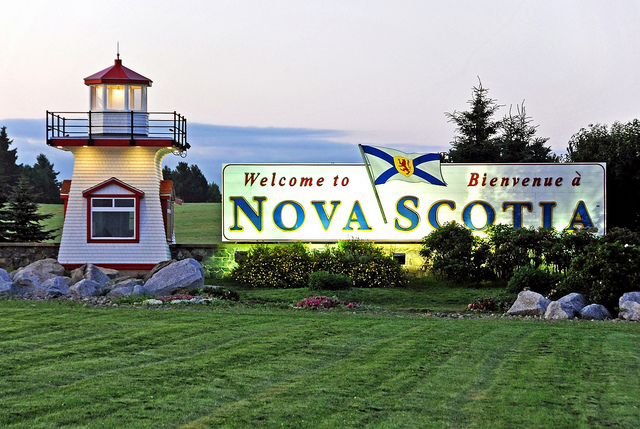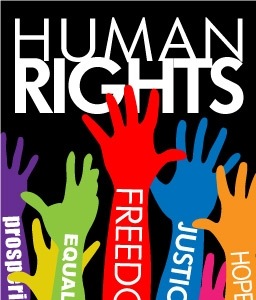I know, that title is shocking.
If, like me, you’ve travelled around the world then there’s a good chance that you find flying in the USA a shockingly bad experience. You have to pay for every extra little thing. Check-in is a semi-automated nightmare. We still have to take off our shoes because of one failed shoe-bomb attempt over 12 years ago. Seats are cramped. Airport terminals are well-worn. It’s just not pleasant, especially compared to flying elsewhere in the world.
But on a recent trip through the US I experienced an event that blew me away with its customer focus and totally changed my feeling about the trip in a positive way.
I was flying from LaGuardia, New York to Dallas, Texas. My flight was with United Airlines, and I had to go via – and change planes – in Chicago.
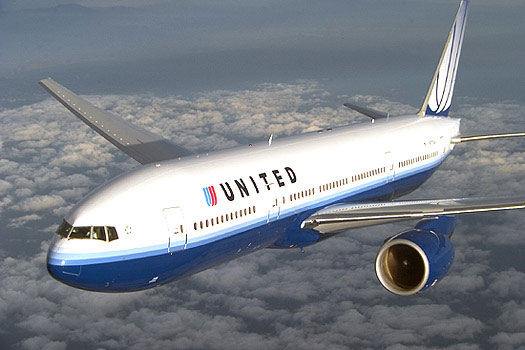
The day before I flew I noticed that I only had 37 minutes to make my connection in Chicago. Gulp. That’s what I get for trusting my corporate travel booking system too much. Oh well, I thought, I’m flying with carry-on only. If things are on time I can make it. Although it’s been over a decade since I’ve been through Chicago’s O’Hare airport I verified that my arrival and departure gates there were in the same terminal. And I am a runner. I decided to remain positive.
I also decided to pay the extra $49 for legroom on my LaGuardia-O’Hare flight and get the front row of economy so that I’d be first off the plane, increasing my chances of making the connection.
The first snag happened before we left LaGuardia. At the gate, preparing for boarding, United staff announced that the overhead bins were going to be very full and that by the time they seated group 4 there would be no overhead bin room left; anyone who wanted to have their bag checked through to their destination could do so now for no charge.
I looked at my boarding pass: seating group 5.
I went up to the check-in desk and asked if I really had to check my roller carry-on, because it would not fit under the seat in front of me (which is where I planned to put my laptop bag). She said yes. I said, “But I only have a 37 minute connection in Chicago”.
“Your bag will make it,” she said.
I did not believe this. But it was clear that I was going to have to check my bag. My meetings weren’t until the following morning so I figured I could deal with a late-arriving bag. I checked it.
The second snag was that it took the plane a long time to board. People were attempting to squeeze bags into the overhead compartment despite being told they wouldn’t fit. By the time the plane was underway we were 20 minutes late. And then – third snag – there was congestion leaving LaGuardia. I resigned myself to missing my connection.
By the time we arrived at our gate at O’Hare there were only 2 minutes left before my connecting flight was scheduled to leave for Dallas.
Nevertheless I had nothing to lose by sprinting. Maybe my connecting flight was delayed, I thought. I ran into the terminal and had to make a choice: left or right. I chose right. Right was wrong, and I ended up at security. Luckily there was also a big board of gate numbers.
There was my Dallas flight. Gate number: the opposite way I’d chosen to run. Gate status: closed. Damn.
Once again I figured there was no downside to running, so I did. As I puffed up to my gate I was delighted to see that they were boarding the last (but me) person. They were about 5 minutes late. In total perhaps 4 minutes had passed since I left my plane. I had made it.
“Thank you for running,” the gate staff lady said.
“I’m glad I made it,” I gasped, “but it’s too bad my checked bag won’t.”
“Yes it will,” said a man standing behind the woman. He appeared to be some sort of baggage or ground crew supervisor. My stunned look prompted him to go on.
“I saw that your flight had just arrived and I figured you might make a run for it. The system shows you had a checked bag, so I dispatched one of my guys over to your plane to retrieve it and bring it straight here in case you did. It’ll be on the plane.”
“Mate,” I said, “that’s incredible. Thank you!”
The supervisor followed me down to the end of the airbridge. As I boarded his man popped up from outside and gave a thumbs-up that he’d loaded my bag.
“Thanks very much,” I said to both of them.
“Not everyone would catch that,” the supervisor said. “Fifteen years on the job, so I know how to spot these things.”
I’m glad he did.
Edit: Actually, come to think of it, luggage and ground crew staff might not be part of United Airlines at all, they might work for O’Hare airport. It’s hard to give credit where it’s due when, as consumers, we’re sort of forced into compressing all our feelings about the travel experience into the airline we choose to fly with.


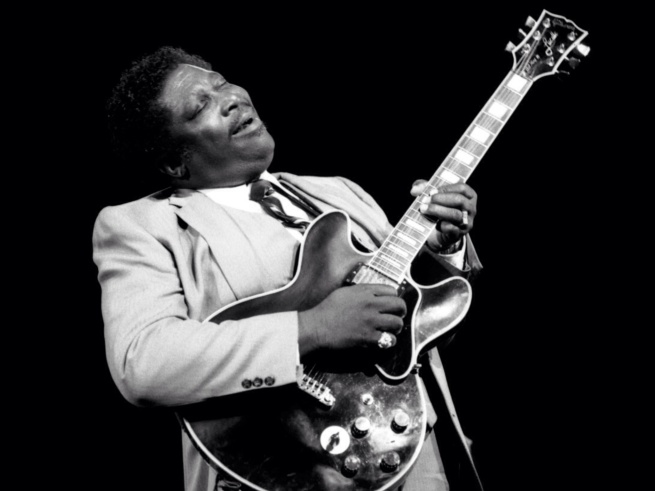
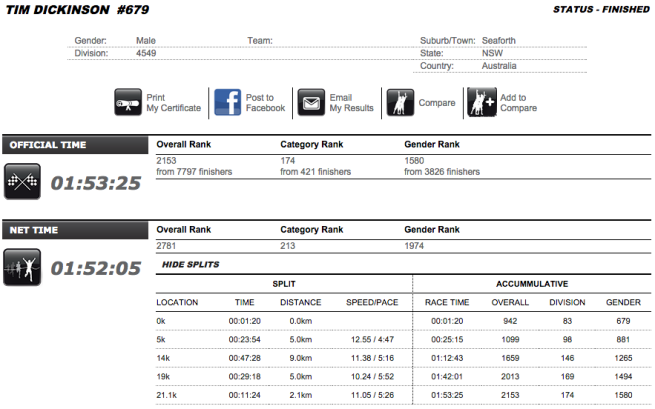


 I didn’t go to school here in Australia, but I’m starting to learn more about it.
I didn’t go to school here in Australia, but I’m starting to learn more about it.
